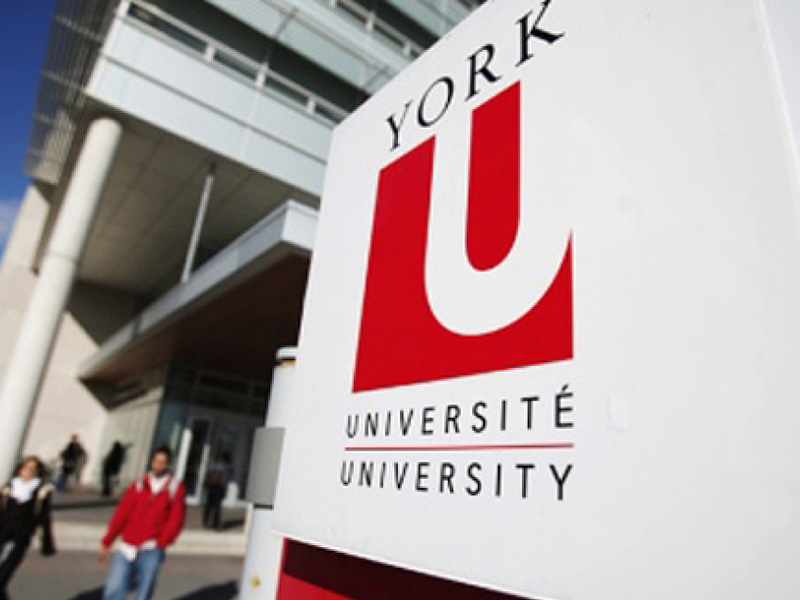A labour arbitrator has rejected a grievance by a York University laboratory technologist who had been dismissed in 2016 for repeatedly posting anti-Semitic messages on his Facebook page.
Labour arbitrator Eli Gedalof stated in his ruling that laboratory technologist Nikolaos Balaskas had perpetuated “hateful stereotypes and a persistent vilification of Jewish people” that “promote blatantly anti-Semitic views.”
Balaskas had “made frequent posts alleging that either ‘Jews’ generally, or ‘Zionists’ specifically, were responsible for a variety of current or historical atrocities.”
Balaskas was brought to the attention of York University by B’nai Brith Canada, which launched a complaint about him in August 2016. After an investigation, York University dismissed Balaskas with cause a month later.
“York University deserves credit for sticking with this dismissal,” said Michael Mostyn, CEO of B’nai Brith Canada. “It is troubling that York University Staff Association (YUSA), which claims on its website that employees from all religious and national backgrounds deserve ‘greater respect, security and fairness on the job,’ made a serious attempt to allow Balaskas to escape discipline for his anti-Semitic conduct.
READ: A Q&A WITH YORK UNIVERSITY PRESIDENT MAMDOUH SHOUKRI
“York’s dogged persistence on this file should serve as a model for other Canadian universities dealing with anti-Semitic conduct by employees.”
Balaskas used his Facebook page to repeat numerous anti-Semitic themes, while clearly identifying himself as an employee of York University.
The anti-Semitic posts ranged from allegations that Jews control the media, to accusing Jews of running some of the concentration camps, to arguing that the Jewish people are part of a global conspiracy.
“There are numerous other posts that, taken together, reflect a persistent vilification of Jewish people generally,” Gedalof stated.
York’s dogged persistence on this file should serve as a model for other Canadian universities dealing with anti-Semitic conduct by employees.
– Michael Mostyn
Gedalof rejected the position taken by Balaskas and the YUSA, the employee union that represented him, that he did not intend to act in a racist manner, but was merely commenting on Zionism, the State of Israel and political beliefs that constituted protected speech.
The arbitrator also dismissed suggestions that the university should have adopted other disciplinary measures, rather than termination.
Gedalof noted that the university had disciplined Balaskas five times since 2014, although in none of those occasions was anti-Semitism a factor.
“The grievor (Balaskas) demonstrated that he understood at least to some degree what material the university believed crossed the line, when he took down one of the offending posts prior to the investigatory meeting. He then put up a post implying that the university was being trivial in its concern about his posts. Upon being terminated, he almost immediately re-posted the anti-Semitic post he had previously taken down,” Gedalof wrote.
“In his evidence before me, the grievor only reinforced the impression that he is unwilling to comply with the university’s policies. In my view, the university has engaged in appropriate progressive discipline, to which the grievor has not responded.”
